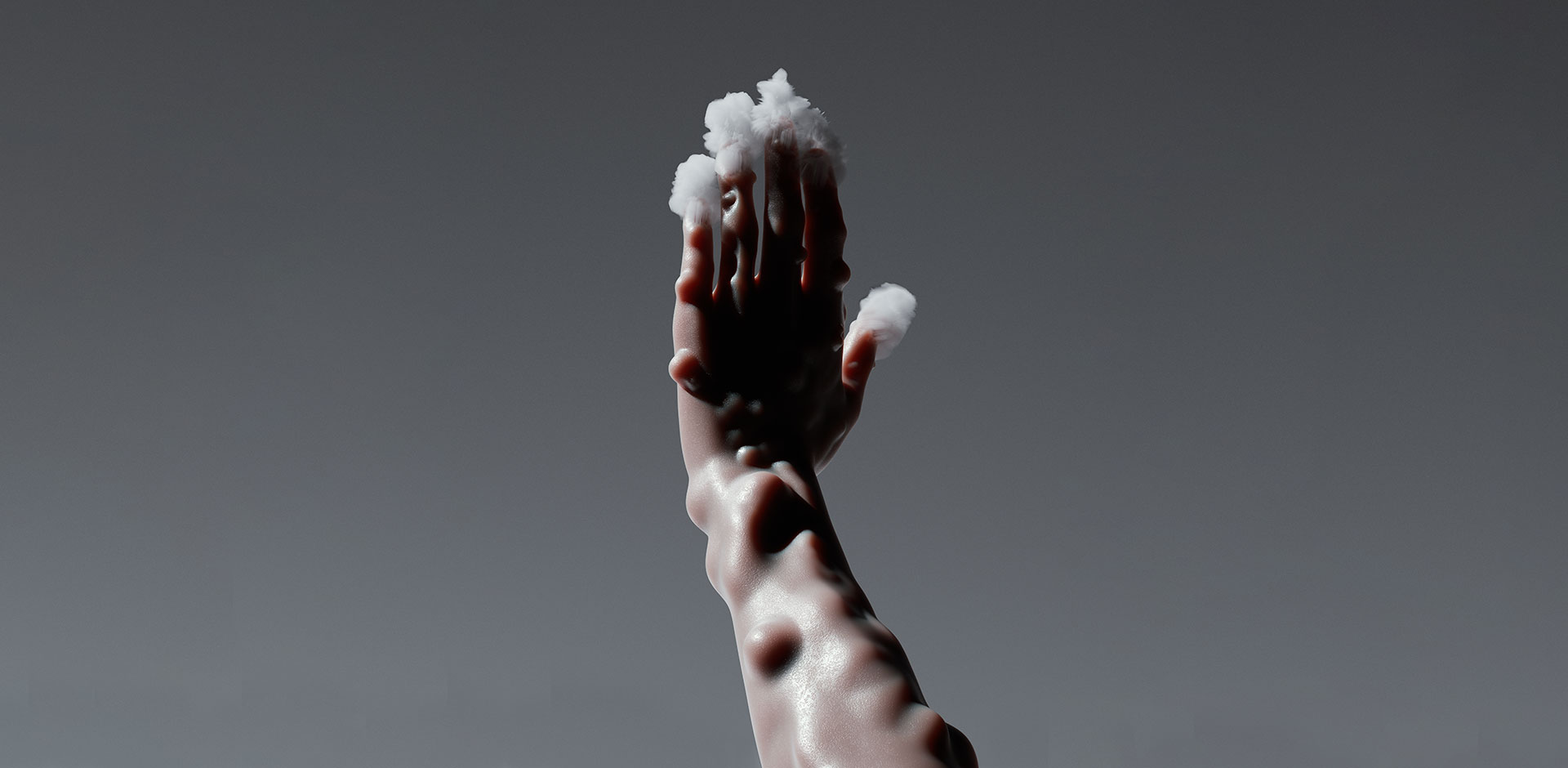Developments in modern medicine have facilitated a fusion of the body and the technological, such that our collective understanding of what it means to be human is now, more than ever, uncertain. Humans and machines are engaged in a complex symbiotic relationship, with biomedical science at the helm of human-technological development. Where once medical sciences were a means of diagnosing disorder or illness, the practice now turns its attention to preventative and enhancement treatments; the ultimate goal is to unlock the greatest potential of the human form. We are in an era of Transhumanism, where the organic is supplanted by the synthetic, driven by a desire for total corporeal perfection.
Yet as medicine becomes increasingly focused on human enhancement, the technology it develops enters further and further into a global market, governed entirely by commerce, supply, demand, and accessibility. As a result, the body becomes a site of hyper-consumption; a commodity subject to the whims of private corporations who control the wellness industry, and who often threaten the values traditionally attributed to healthcare. In the age of advanced capitalism, health is no longer a human right, but instead another commodity we are compelled to consume. Likewise, the health and cosmetic industries bleed into one another, and our basic desires for wellness become compounded with our superficial desires for physical improvement.
Liam Sielski Waters’ exhibition Transient Bodies explores these constantly evolving definitions of the human. In a series of 3D renderings, he creates sumptuous worlds of uncanny biological forms and industrial constructions, inspired both by the fibrous tissue of organic matter and the functional aesthetics of medical design. His work is at once aesthetically deliberate and incidentally abstract. Using 3D imaging software, Waters generates an estimation for future forms, making reference to artists like Maxime Guyon, Magali Reus, Agatha Haines and Kate Cooper. Yet, by confining his renderings to images, Waters both provokes the urge to touch, and acknowledges the realities of health-consumerism, which simultaneously intensifies a desire for bodily experience, while making it all the more unobtainable. However, with an emphasis on ambiguity, Transient Bodies does not hold a strict agenda. It does not convey a strong position, nor does it aim to sway opinions. Instead, the exhibition hopes to inspire a conversation around the role of humans in a fluctuating world, in order to promote a more ethical and sustainable journey into an uncertain and transient future.
Liam S Waters
Selected to be one of the It’s Nice That Graduates of 2018, Liam Sielski Waters explores the blurring boundaries of the human identity in the age of technology and globalisation through the creation of photo-realistic 3D renderings, a digital process that in itself raises questions about the future of photography as a medium in light of new digital technology.
JJ Weihl (Discovery Zone)
Discovery Zone is New York born, Berlin based JJ Weihl (Fenster). Weihl Explores the relationship between pop music, sound collage and performance through ambient ceremonial laboratories created to spark an intimate connection.
Drawing upon her vast archive of field recordings, scientific documentary sound-bites, and musical oddities, Weihl will create a soundscape in response to the Transient Bodies exhibition
